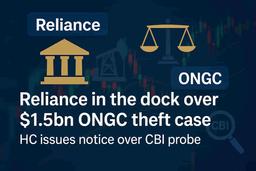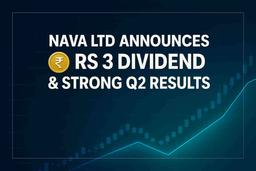Infosys Buyback Bonanza: Rs 1800 Offer vs. Rs 1542 Price! Expert Nithin Kamath Reveals The Shocking Tax Twist!
Personal Finance
|
Updated on 13 Nov 2025, 12:07 pm
Reviewed By
Simar Singh | Whalesbook News Team
Short Description:
Stocks Mentioned:
Detailed Coverage:
Infosys, a leading Indian IT services company, is undertaking its largest-ever share buyback in India, with a record date set for November 14th. The company is offering to buy back shares at Rs 1,800 per share, a premium over the current market price of approximately Rs 1,542. This significant price difference has led to speculation among retail investors about potential immediate gains.
However, Nithin Kamath, the CEO of Zerodha, has shed light on the tax implications of participating in the buyback. He explained that the amount received from tendering shares in the buyback is considered 'income from other sources' and is taxed according to the individual investor's applicable income tax slab rate. Simultaneously, the entire original investment value in those shares is treated as a capital loss. This loss is classified as short-term capital loss if the shares were held for less than a year, and long-term capital loss if held for over a year.
Kamath highlighted that the buyback becomes financially advantageous primarily when an investor has other capital gains that can be offset against this buyback-induced capital loss. In the absence of such gains, the tax treatment is similar to receiving a dividend. The key takeaway is that investors must carefully consider the tax implications and their overall portfolio before deciding to tender their shares.
Impact: Moderate (6/10). This news directly impacts a large number of Indian retail investors who hold Infosys shares. While the buyback offer itself is a significant corporate event, the clarification on tax implications is vital for informed decision-making, potentially influencing investor sentiment and trading behaviour around the record date. It highlights the importance of understanding tax laws when participating in such corporate actions.
Difficult Terms: Buyback: A process where a company repurchases its own shares from the open market. Record Date: A specific date set by a company to identify shareholders who are eligible to receive a dividend, participate in a stock split, or benefit from a buyback. Demat Account: An electronic format of holding shares and other securities. Slab Rate: In income tax, different rates applied to different income brackets. Capital Loss: When an asset is sold for less than its purchase price.
Crypto Sector

Bitcoin Rockets Past $103,000! Crypto Market Sees Wild Swings – What's Next?
Energy Sector

Global Energy Summit Ignites India's Green Future: Puri Gears Up for Mega Event!

Reliance Industries Accused of $1.55 Billion Gas Theft from ONGC Wells: Court Hearing Set!

India's Green Energy Surge Hits Bottleneck! Tenders Slowing Down – Big News for Investors

ADANI's MEGA FUNDING BLOOM: $750 Million Debt Boost for Infra Expansion!







